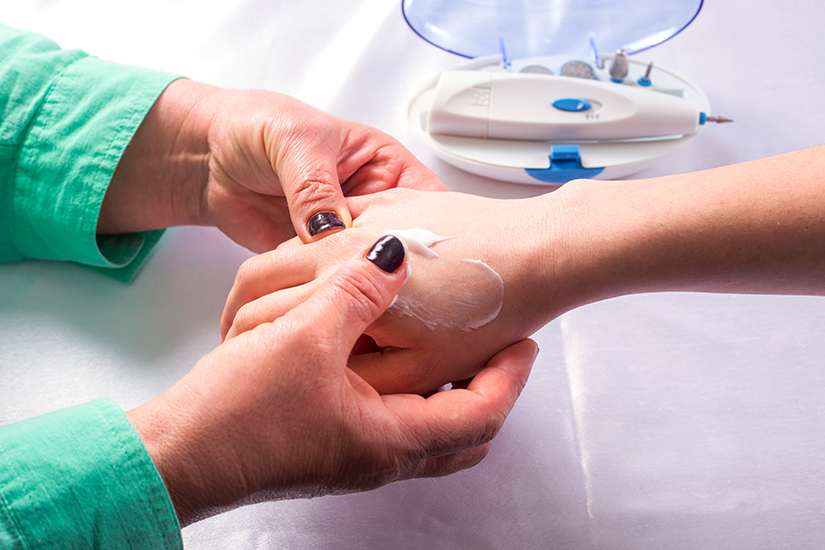- Emergency Ambulance Services
- 8606811111
- 0471-4077777, 0471-7177888
- gro@sutpattom.com
World Lupus Day – May 10th
Dr. Glaxon Alex, Consultant Rheumatologist, SUT Hospital, Pattom
1. What is Lupus?
SLE or ‘Lupus’ is an acronym for Systemic Lupus Erythematosus. Lupus is caused by damage in our immune system. The immune system, which is well equipped to fight bacteria and viruses that enter our body, turns on us and attacks our healthy cells.
Lupus is the best example of an autoimmune disease. The disease can affect our skin, joints, lungs, brain, eyes, nerves and many other organs. Therefore, it is not a trivial disease. Awareness about this disease is rare among the people. Although lupus was once considered a rare disease, it is now estimated that about 40,000 people are affected in our Kerala. World Lupus Day is observed on May 10th to raise awareness among the people about this disease and to change misconceptions.
2. Who is affected by lupus?
The disease affects very young children and the elderly, but is most common in women between the ages of 15 and 45. The sex ratio is 9: 1.
3. What Causes Lupus?
Studies show that it is caused by the ultraviolet B rays from the sun, the estrogen hormone in women and some genetic factors.
4. What are the symptoms of lupus?
As lupus can affect any organ, the symptom varies in every patient. In the early stages of the disease, red photosensitive spots on the skin or red spots on the cheeks (Butterfly rash) may be seen. Some people may experience frequent sores in the mouth, as well as pain and swelling in the joints. For others, however, lupus may be accompanied by a chronic fever, extreme tiredness, or massive hair loss as if the scalp is visible. If the disease is not diagnosed and treated properly on time, it can seriously damage the internal organs and become life threatening. Lupus mainly affects kidneys, lungs, brain and nerves. Because of this diversity of symptoms, many doctors find it difficult to make a proper diagnosis. So that lupus is medically referred to as ‘The Great Mimicker’.
5. How is the determination made?
Diagnosis of SLE is not possible with a single test. In the early stages, the ESR will be much higher. Sometimes the levels of haemoglobin, white blood cells and red blood cells are low. As mentioned earlier, some other tests may be needed depending on the organ affected by the lupus. For example, a protein leak in a urine test and scans of the lungs and brain may be needed for diagnosis. People with any of the above symptoms should consult a Rheumatologist at the earliest, because of the complications in diagnosis. The primary role of a Rheumatologist is to determine the organs in which lupus is affected at an early stage itself.
ANA or Anti Nuclear Antibody testing is the mainstay of a diagnosis. When it is done in the form of immunefluorescence, 99% of people who are testing becomes positive. We cannot confirm that every ANA positive will have lupus. In short, symptoms, clinical examination and other blood tests may be necessary for an accurate diagnosis.
6. What are the treatments?
The key to SLE treatment is to bring the immune system back to normal with medication. Until two decades ago, people relied heavily on steroids, but now, with advances in rheumatology and immunology, use of steroid has dropped significantly. Today, lupus is mainly treated with immune-modulatory agents such as hydroxychloroquine, MMF, and tacrolimus. Biological therapies such as Rituximab and Belimumab are also very effective.
Drugs that have to be prescribed for Lupus depend on the organs affected and the severity of the disease. Alteration in the dosage of medication should be as directed by a Rheumatologist.
7. Is pregnancy and breastfeeding possible for SLE patient?
The disease may worsen during pregnancy and postpartum. But with the new immune-modulatory treatment, the disease can be completely controlled, making it possible for lupus patients to become pregnant just like normal women. It is also possible to breastfeed with safe medications.
Methods to be followed to avoid SLE severity:
• Protect the skin from sunlight (Ultraviolet B rays).
• Take medication only as directed by a Rheumatologist.
• Inform the doctor in advance if you are pregnant or intend to conceive.
• Do not discontinue medication or self-medicate without consulting a doctor.









